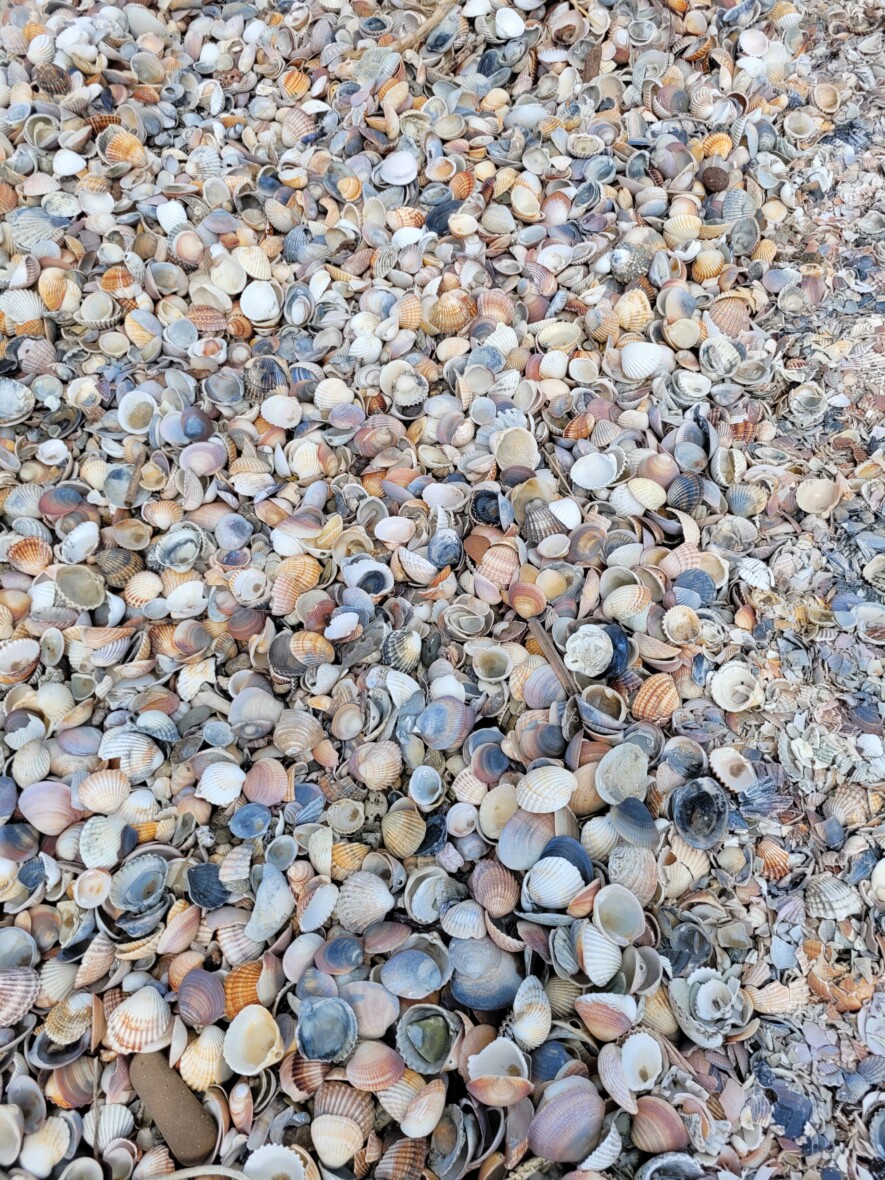Since the onset of the industrial revolution, the atmosphere has been warming. Oceans are now 30% more acidic than before, and these climate changes are impacting marine ecosystems. Oceans communicate with each other by influencing the climate, producing oxygen, and absorbing greenhouse gases and heat. They play a crucial role in regulating the climate as they moderate climatic fluctuations.
Each year, oceans absorb nearly 25% of anthropogenic CO2 (carbon dioxide). If they did not play this role, the planet would be even hotter.
Before the industrial era, climate changes occurred over tens of thousands of years, and marine ecosystems had time to adapt. Since the industrial revolution, however, oceans have warmed, and sea ice cover has decreased. Oceans are acidifying 10 times faster than in the last 55 million years, and marine ecosystems no longer have time to adjust.
Even if greenhouse gas emissions stopped now, ocean temperatures would take decades to actually decrease.
Causes of Ocean Acidification
One cause of ocean acidification is the increase in greenhouse gases due to human activities, such as deforestation.
When CO2 is absorbed by the ocean, it transforms into carbonic acid. The composition of the water changes, it warms, becomes less oxygenated, and its acidity increases.
The more the ocean acidifies, the harder it is for it to absorb CO2 from the atmosphere. When the ocean can no longer absorb it, CO2 remains in the atmosphere. The greenhouse effect intensifies, accelerating global warming.
Another cause is intensive agricultural practices. The spreading and use of nitrogen fertilizers alter the natural nitrogen cycle. When these fertilizers dissolve in the ocean, they also contribute to its acidification.
Lastly, eutrophication, which is the excessive input of nutrients from water bodies and marshes, leads to algae blooms, depletes oxygen supply, and disrupts the ecosystem.
According to Fisheries and Oceans Canada, « the cold coastal waters of Canada may be particularly affected by acidification due to the natural presence of undersaturated waters in shallow areas (Pacific coast) or large inputs of freshwater (Arctic coast). »
« The freshwater input from runoff and melting ice reduces the ocean’s ability to cope with changes in pH levels. Additionally, runoff waters may contain organic matter from the soil, which can also exacerbate acidification. »
Impact on Marine Life
The effects of acidification, felt in both coastal zones and deep-sea waters, are seen in feeding, development, and habitats of marine organisms.
Acidification reduces the availability of calcium carbonate, which marine organisms use to build their shells and skeletons.
Phytoplankton, corals, and mollusks (oysters, scallops, octopus, squid, etc.) use more energy to produce these structures and will grow more slowly. Their shells and skeletons will become softer and smaller. Local fisheries, such as fish, lobsters, and shellfish, will be affected.
The reduction in phytoplankton and marine fauna reduces the food available for predators, leading to changes in the food chain.
Some fish also experience disruptions in their sensory functions due to changes in water chemistry caused by acidification. The sounds transmitted through water are altered, making the environment noisier.
Acidification is not the same everywhere. Some areas are more sensitive than others, such as deep, cold waters or polar waters that absorb more CO2.
According to Fisheries and Oceans Canada, « While some research has been conducted, our understanding of biological and ecosystem responses to ocean acidification in local waters remains limited. More information about local species and continuous environmental monitoring are needed to better understand current conditions compared to long-term trends and local impacts. »
Everyone Can Make a Difference!
The speed of ocean acidification depends on the amount of greenhouse gas emissions.
At an individual level, we can take simple actions: better insulate our homes, reduce our energy consumption and reliance on fossil fuels, buy locally, adopt a more plant-based diet, use public transport, and choose a bank committed to ecological transition.
Source: lecourrier




